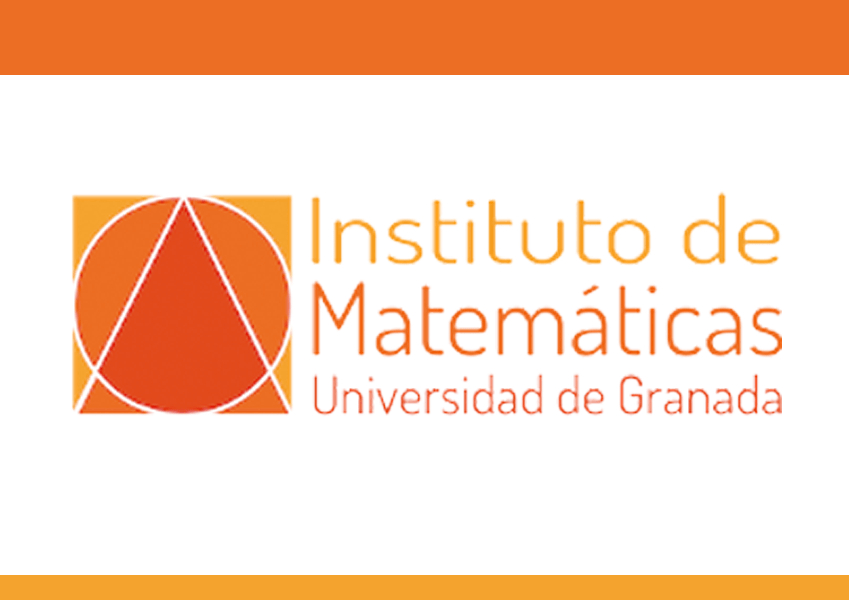Fecha: Jueves 12 de mayo de 2022.
Hora: 12:00.
Lugar: Aula A25 de la Facultad de Ciencias de la UGR.
Traveling waves for the nonlocal Gross-Pitaevskii equation
Ponente: Salvador López Martínez, Universidad Autónoma de Madrid.
Abstract: In their seminal works, Gross and Pitaevskii proposed a Schrödinger type PDE to model a Bose gas. The nonlinearity in the equation presents a convolution with a potential that represents the interaction between the particles in the gas. Thus, the equation is nonlocal unless the potential is a Dirac delta, which corresponds to a repulsive contact interaction. This is a typical approximation and the problem in this local case has been extensively studied. In the talk we will consider more general interactions and present some new results on the existence of "dark solitons", which in our context are finite-energy traveling wave solutions that do not vanish at infinity. We will also introduce some qualitative results about these dark solitons, such as regularity and asymptotic behavior at infinity. This is a joint work with André de Laire (Université de Lille).

Nonlinear non-local Fokker-Planck equations modelling networks of integrate and fire neurons at the mesoscopic scale
Ponente: Pierre Roux, University of Oxford.
Abstract: The emergence of patterned activity in a neural network are key processes in human and animal brains. However, since they often arise from the interplay between a large number of cells, these mechanisms are very difficult to encompass whithout the use of simple, consistent and self-contained mathematical models. In this talk, I shall present some nonlinear partial differential models obtained from mean-field techniques applied to particle systems. I will be focussing in particular on the so-called Nonlinear Noisy Leaky Integrate and Fire (NNLIF) model (a non-linear non-local Fokker-Planck-type equation) for which we have, my collaborators and myself, obtained some new results and insights about the convergence to stationary states (de synchronisation), the emergence and the shape of periodic self-sustained oscillations and the finite-time blow-up (synchronisation).
Escribir un comentario
Información básica sobre protección de datos personales
Responsable: Universidad de Granada
Legitimación: La Universidad de Granada está legitimada para el tratamiento de sus datos, siendo de aplicación las bases jurídicas previstas en el art. 6.1 del RGPD que correspondan en función de la finalidad pretendida por usted en el formulario de contacto.
Finalidad: Gestionar su comunicación.
Destinatarios: No se prevén comunicaciones de datos, salvo que sea necesario para gestionar su solicitud.
Derechos: Tiene derecho a solicitar el acceso, oposición, rectificación, supresión o limitación del tratamiento de sus datos, tal y como se explica en la información adicional.
Información adicional: Puede consultar la información adicional y detallada sobre protección de datos, en función del tipo de tratamiento, en la UGR en el siguiente enlace




